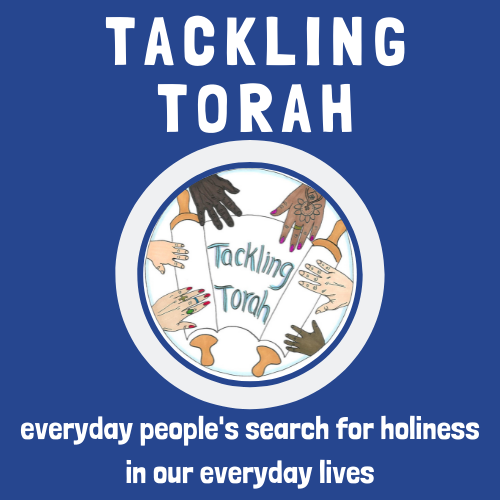
After a hiatus to focus on life pursuits I’m back to tackle the torah!
In our Lives:
I think the shock of hearing about unethical news in our lives comes from our own struggles with what to do when faced with tough ethical decisions. Do we stand up for what is right, or hope it fades into the background (and that no one notices)? The news lately has been a series of tragedies and lies: The Penn State scandal, presidential candidates fumbling their way through policy positions they don’t seem to understand, big banks continuing to post record profits, or the Bernie Madoff ponzi scheme we have seen questionable ethics. We have seen the use of power and authority in our government acting unethically or amongst private companies who don’t look out for the best interests of even their employees!
Reflecting:
When we hear of such news we wonder if we ourselves would act better? How are we educating future generations? Are we teaching (by example) to only look out for ourselves? Do we consider how these acts of deceit effect others? Ultimately it seems the truth inevitably comes out but at what sacrifice? For me, when thinking through decisions where ethics are at play I like to think that I consider who will get hurt, what would by the favored outcome, and is it “just”? Not all decisions are easy but all should treat people fairly. And I think the consequences should adequately reflect appropriate punishment for unethical choices. Otherwise we are simply letting power breed power in our society. And if you aren’t sure what to do heed my mother’s advice “you get more flies with honey” it works every time!
Occupy wall street has been an interesting way to think about the consequences of treating US citizens indifferently by big businesses. While I am unclear of their demands and the common message they represent it is clear that Americans are unhappy. The economic gap has grown to 99% vs. 1% where the poor get poorer and the rich get richer and some of those in power are seeing to it that this discrepancy remain. Occupy wall street and other Occupy movements are working to regain the people’s right to democracy, to voters views mattering and being heard. The popularity of this movement has signified to me that injustice has consequences and people have re-recognized their ability to hold others accountable for their actions.
From the source:
The upcoming parshat this week Toldot deals with the story of brothers Jacob and Esau and with common themes of stealing, hatred and lying. But the plot runs deeper as the lies are intentional and done with power by authority. Rebekah, mother of twins Jacob and Esau tricks her husband Issac into giving the birthright to the younger son Jacob since he is her favored son (and Rebekah thinks more deserving of the blessing). Rebekah, acting authoritatively in her roles as wife and mother lies and aids Jacob in stealing the birthright. But as a result of this act Jacob must leave his family due to what he has done and Rebekah is without her favored son. I think this can serve both as a lesson to those with power to act ethically since the consequences of selfish acts can be grave, and to those without power to not just go along with what the authority says but to stand up for justice and to ask yourself if the act is ethical and if not what you can do about it! While the reasoning behind Rebekah’s acts may be for a more favorable outcome of Issac’s blessing. I am more concerned with the lying and deceit that those with power partake in (as shown above). If in fact Jacob was the better son to receive the birthright then it should have been bestowed upon him because of his merit and not by way of an unethical act. Jacob is the one who is held accountable for Rebekah’s actions not Rebekah even though she assured Jacob this would not be the case. These actions seem similar to Americans having to carry out their promises to banks or fulfillment of laws even though the banks and the rules keep changing and not upholding their end of the deal. It cause me to question if those in authority don’t even lead by example who will?



